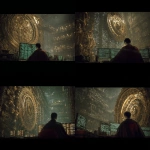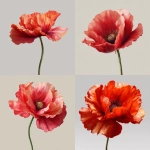Explore the Best AI Image Gallery
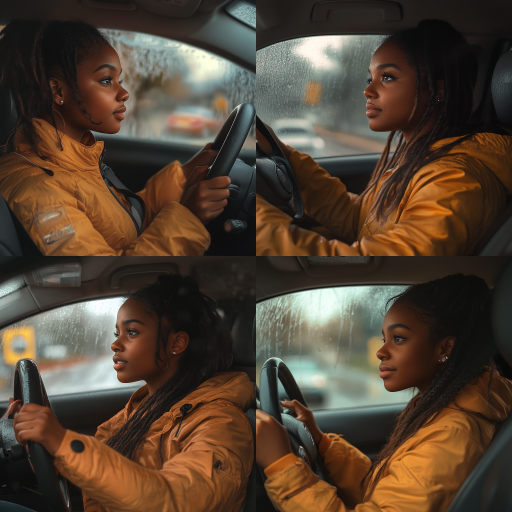
The Role of AI-Generated Images in Modern Marketing
In recent years, artificial intelligence (AI) has become a game changer in various fields, and marketing is no exception. From personalized content to predictive analytics, AI has shown its potential to enhance customer engagement and brand visibility. One of the most exciting aspects of AI in marketing is the use of AI-generated images. This technology not only streamlines the design process but also opens up a realm of creative possibilities.
The Impact of AI-Generated Images on the Creative Industry
The creative industry has long been driven by human intuition and artistic vision. However, AI-generated images are challenging traditional norms by providing a new means of inspiration. Marketers can leverage AI tools like DALL-E, Midjourney, and Runway to create unique visuals tailored to specific campaigns, effectively reducing the time and resources spent on content creation.
AI-generated images can enhance the creative workflow by offering:
- Speed: Generating images quickly allows marketers to respond to emerging trends and consumer demands more effectively.
- Diversity: AI can produce an array of images based on different prompts, enabling brands to explore various aesthetics and styles.
- Cost-Effectiveness: With reduced reliance on human illustrators, brands can cut down production costs while still generating high-quality visuals.
Potential Uses of AI Images in Marketing
The applications of AI-generated images in marketing are vast and varied. Here are some notable uses:
Social Media Content
Social media platforms thrive on visually appealing content. Brands are increasingly using AI-generated images to create eye-catching posts that resonate with their target audiences. This not only keeps the content fresh but also aligns with social media trends, which demand constant innovation.
Personalization and Targeting
AI can analyze customer preferences and behavior to create personalized images that cater to individual tastes. This tailored approach increases engagement rates and fosters stronger connections between brands and consumers.
Ad Campaigns
AI-generated visuals can be utilized in advertisements, enhancing click-through rates. By generating multiple variations of an image, marketers can conduct A/B testing to determine which visuals perform best with their audience, optimizing their ad strategies.
Ethical Considerations
While the advantages of AI-generated images are compelling, there are ethical concerns that marketers must navigate:
- Copyright Issues: As AI creates images based on existing datasets, questions arise about ownership and copyright infringement. Brands must ensure they have the rights to use AI-generated content.
- Authenticity: There is a risk that overreliance on AI-generated images could detract from a brand’s authenticity, leading consumers to question the genuine connection with a company.
- Bias: AI algorithms can inadvertently perpetuate biases present in their training data. Marketers need to be cautious about the types of images they generate and ensure they represent diversity and inclusion.
Future Trends in AI-Generated Images
The integration of AI in marketing is just beginning, and several trends are expected to shape the landscape:
Increased Collaboration
Expect to see more collaboration between human designers and AI. Rather than completely replacing human input, AI will serve as a tool for enhancing creativity and efficiency.
Real-Time Content Generation
As technology advances, the capability for real-time image generation will allow brands to respond instantly to current events and trends, making marketing efforts more relevant and timely.
Augmented Reality (AR) and Virtual Reality (VR) Integration
The fusion of AI-generated images with AR and VR experiences will provide marketers with dynamic ways to engage customers, paving the way for immersive advertising experiences that draw consumers into a brand's universe.
Conclusion
The advent of AI-generated images presents a myriad of opportunities for marketers to innovate and enhance their strategies. While it inevitably affects the creative industry and brings ethical dilemmas, the prospects for future applications are exciting. As we navigate this evolving landscape, responsible use of AI tools will be crucial in shaping the future of marketing.
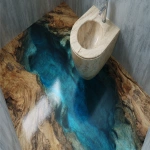
](https://images.ai-img.art/thumbnails/150/7889b264cc5c27f6b7a00af1767a689c9df2b49d36667764d8322ae0c0fed64a.webp)

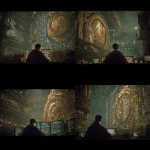
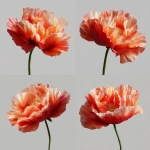


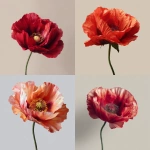
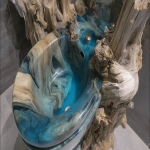
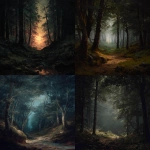
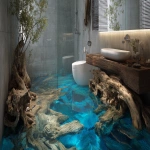
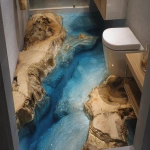
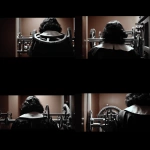

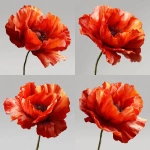
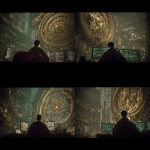
](https://images.ai-img.art/thumbnails/150/0d2c5ff24ca9024b95b5f0d1d0e673146e5dd5f31c7b3a7092322afe4a3c46eb.webp)
](https://images.ai-img.art/thumbnails/150/786d3898a4574da9c53e922bd2a30035084a90a9a6f5cc6bee514d0150ba3403.webp)
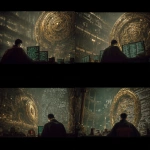

](https://images.ai-img.art/thumbnails/150/24ccaad8968bce75611aa4ff739695d61b7d06bd128d44cfbb3a6c46be30ed33.webp)
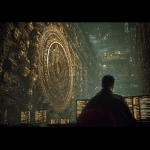
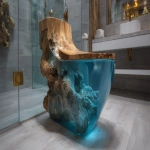

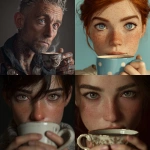
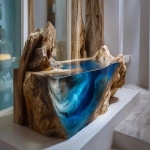

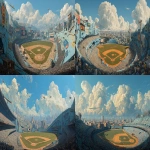

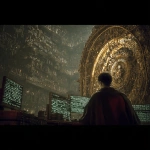
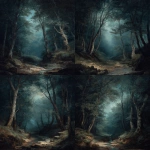
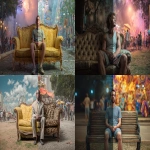

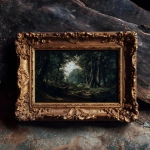
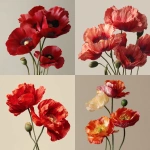
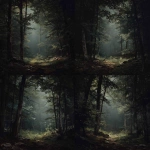
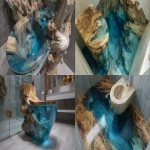
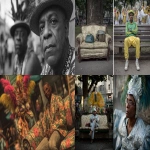
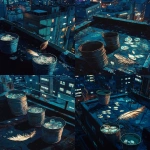
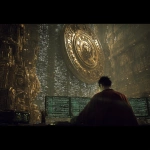
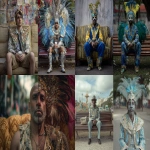
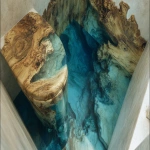
](https://images.ai-img.art/thumbnails/150/69daab74527edc292198788487e2d0d5f1bb1aba897d85b79ff4015ea305631d.webp)
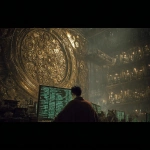
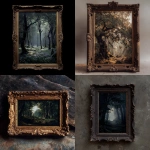
](https://images.ai-img.art/thumbnails/150/8fd5788e152269ccc7eeb4a5287499cc5f55ca46d75afc237030f50a1b60c6ca.webp)
